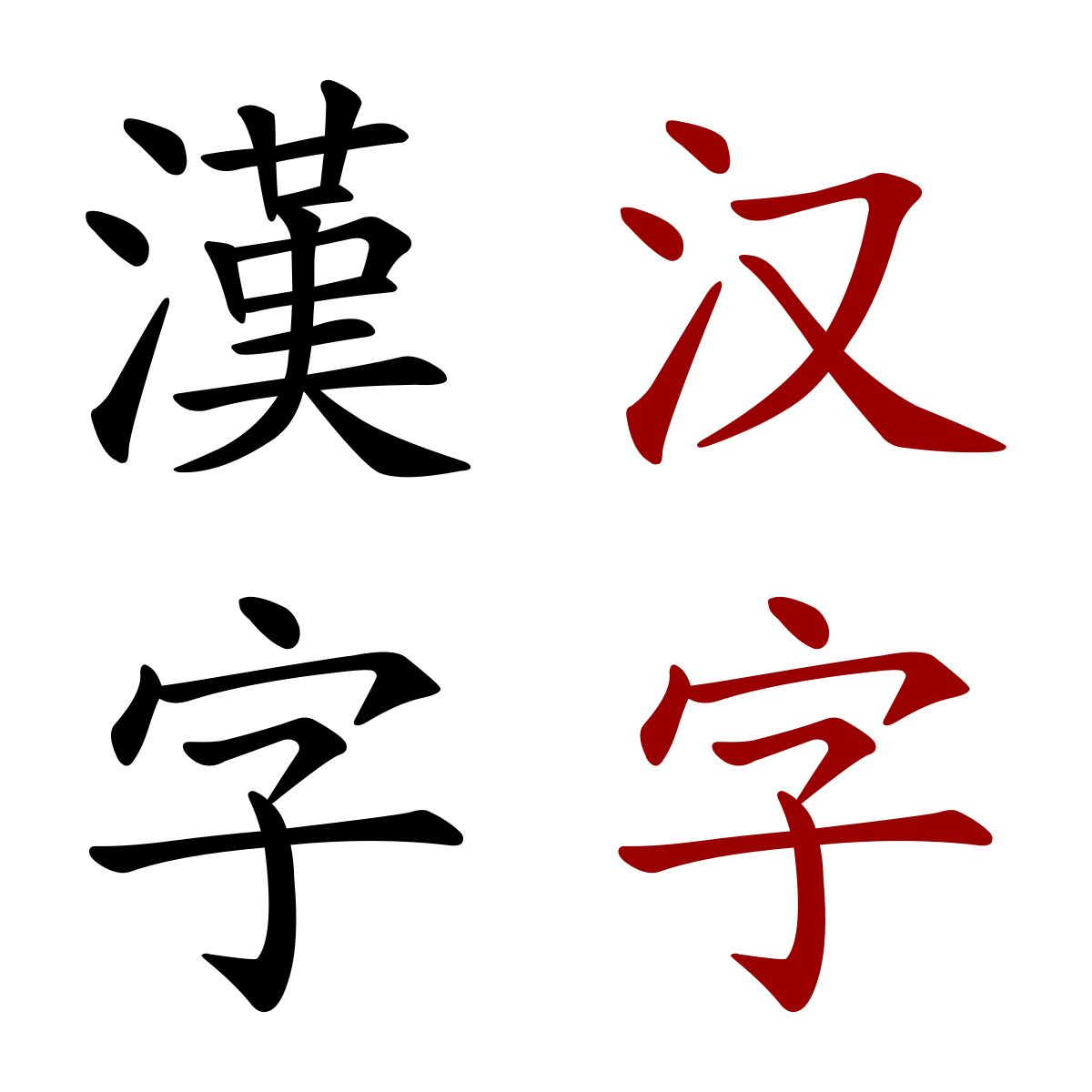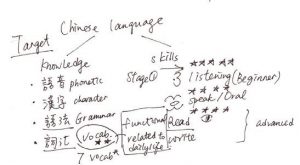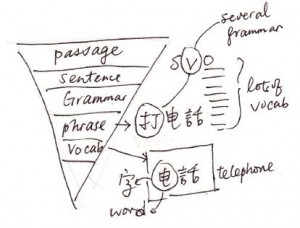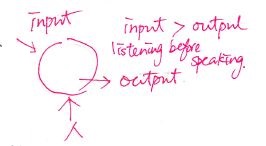How to learn Cantonese for foreigners (by Carine)
I wrote this passage as a note for learners of TCSOL of what I learnt in my graduate school. This is an ongoing essay, so if you have any suggestions, corrections or advice, please contact me at carine@chinese-tutors.online
It is important to acquire some basic mindsets when learning a language, e.g. not spending too much time on cramming grammar rules while you only expect yourself to speak the language, but not to write.
1. Know which elements you should learn and which skills you want to obtain for certain purposes.
2. To enjoy the Chinese learning, not putting too many barriers in your beginner level, below is some advice helping you to learn in a smart way :
| Language elements | Language skills |
| Phonetics (first handle tones by listen more) | Listening (premirer for beginner) |
| Chinese Characters (Read only, type with PC, write basic, remeber radicals) | Oral (second target, not pushy) |
| Grammar (learn simple and functional one, make sentenes) | Reading (some at beginner, intensive intermediate) |
| Vocabulary (learn those important to you) | Writing passages (advanced) |
1. How to handle Chinese Phonetics
Chinese is a tonal language, how can I master it?
Please don’t drill too much on the tones at beginner level, there are 4 tones in Mandarin and 6 to 9 tones in Cantonese. We will be too early to feel too many barrriers. What we can do is to briefly understand there are tones, be rested and move on. Because when you know only a few sentences, native speakers can easily guess what you say without paying attention to the correctness of your tones. So now, the heavy stone is removed. You can enjoy a bit more to be a second language learner. NEVER expect yourself to pronounce the tones correctly like native speakers. 😀 Adult learner may be way too harsh on themselves. Let us learn step by step.
When you reach the intermediate level, tonal accuracy is the target, as you know more words, tones are how those words be distinctive to you and others when you speak.
2. How to handle Chinese Characters
Oh…Chinese characters look like pictures to me, how can I master them?
I like Chinese Characters, especially the traditional characters, as they carry more ideological meanings. You and I both see the beauty of Chinese characters, then leave the writing to native speakers to write it. 😀 What you really have to do is to recognize them starting from the beginner level. Not all the words, choose the common mostly used one, I have the word list, you can ask me later.
One of my friend Betty from the US said “I only want to speak Chinese”, so she just skipped learning Chinese Characters. By doing so, she could have conversations with me in Mandarin after a few months of full time study, surely she enjoyed a lot throughout the study and managed to keep it up. It was smart for her by noticing what language skills she wanted to develop — ONLY ORAL, NOT WRITING, but still some Characters recognition is needed. One day if you can only read pinyin, it would be uncomfortable. Back to her case, she could put aside some unnecessary stress and workload in the beginner level, that is not wrong.
The lastest journal suggested that on foreigners may try to recognize the characters instead of writing them. Just like if you live in Hong Kong, you probably need to recognize some Chinese characters for a better living, such as dates, bus stops, toilet signs etc. When you are familiar with the romanization, you can type Chinese on the mobile phone and the computer. Therefore, you don’t have to learn how to write the strokes, what you have to do is to recognize characters and write them with Chinese-input software.
3. How to handle grammar and vocabulary
Chinese grammar can be very simple or very complicated depending on how you treat it. Then choose those functional grammar will make more sense. To listen and read as fast as you can is to accumulate word power (create your own word bank using flashcard or anki etc., practise on memorise or quizlet)
I taught my Japanese student Mia to build up her own word bank, (to create her own tailor-made flash cards), she was married to a Hong Kong guy, so she desperately wanted to learn some “housework” vocabulary to communicate with her parents in law (to help do housework I guess). This motivated her a lot. It comes to find your motivation. My husband likes Chinese dim sum very much, I do think he has a word bank on Chinese food so as to order what he wants. And what about you?
We, native speakers can guess what you say even you make grammatical mistakes. But we won’t understand what you say if you do not have enough vocabulary or mess up on tones even though you are grammatically correct.
Learning vocabulary can be fun with a box of flashcard. Read and listen more help increase word power and improve your tonal accuracy.
4. How to practice the language skills
To be able to speak the language requires plenty of language input (listening to mp3, watching Mandarin and Cantonese movie or even move to China), so you can have some degree of output (to be able to speak).
So as a beginner, you can spend more time listening and be relaxed, no need to focus yourself to speak immediately. In another words, don’t expect to speak perfectly when you first learn a sentence. SILENCE IS somehow GOLDEN. If you understand what native speakers say, even you won’t be able to make instant responses, it has already been a big success, isn’t it? Dont forget you can use body language.
One day, you will be able to speak when you have enough listening, just like babies, they need at least one year to speak a single word.
This is an ongoing essay, so if you have any suggestions, corrections or advice, please contact me at carine@chinese-tutors.online







Leave a Reply